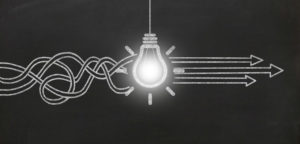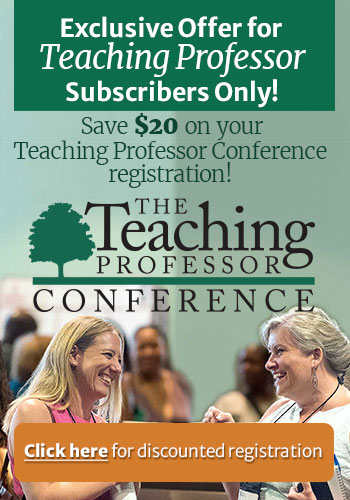
Student-Generated Open Educational Resources
The use of open educational resources (OER) is growing in education as they save money for the students and facilitate instructor manipulation of the resource. Nevertheless, some teachers are reluctant to use OER because they have difficulty locating and evaluating sources or like their fundamental













